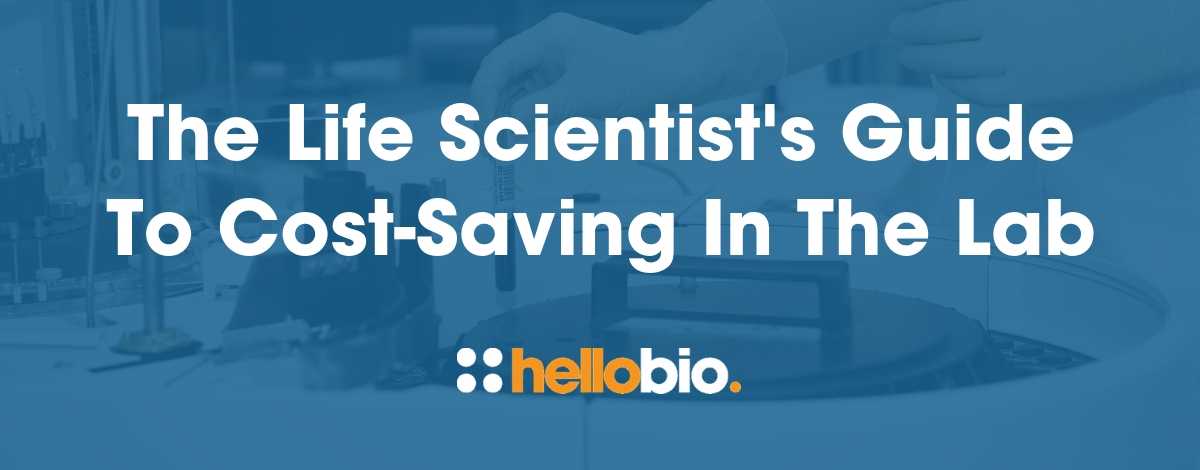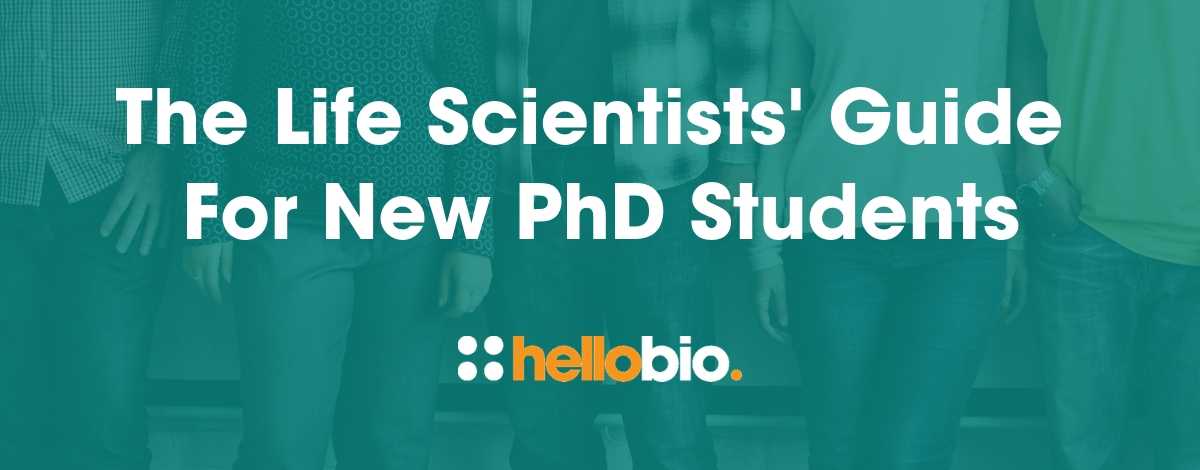Meet our Latest Travel Award Winner Cintia Stival
Cintia Stival is a postdoctoral researcher working at the Institute of Molecular and Cellular Biology of Rosario in Argentina. Her research fouces on on how mammalian sperm get ready to fertilize an oocyte in a process called “capacitation”. The award will help fund her trip to the American Society of Andrology annual meeting in Philadelphia, USA
I was truly thrilled to know that I had received the Hello Bio travel grant. This award will allow me to share my research with respected scientists from around the globe and keep expanding the knowledge we generate at our lab in the field of male reproduction. I’m very excited with the opportunity and really grateful because these experiences wouldn’t be possible for most trainees if it weren’t for this kind of financial support. Thank you Hello Bio for getting me closer to this dream!. Cintia Stival, Institute of Molecular and Cellular Biology of Rosario, Argentina, Hello Bio travel award winner
Congratulations Cintia. First, can you tell us a bit more about what you're working on at the moment?
My research focuses on understanding the molecular basis of sperm capacitation, a process that allows mammalian sperm cells to fertilize an oocyte. I’ve been studying the role of Protein Kinase A (PKA) as a main player in coordinating different capacitation-related events. I’m particularly interested in non-canonical ways of regulation for this kinase, with a special outlook on its positioning and posttranslational modifications. Also, I’m studying how sperm are affected by semen proteins, such as SPINK3, which prevent either premature or off-site capacitation.
What is it about your field of research that gets you most excited?
In the sperm capacitation field, we are starting to see many paradigms being questioned under the light of new evidence. Truths I studied in college, such as where the acrosome reaction takes place and what is it for, are now being challenged. This reminds me how dynamic and surprising science can be.
I’m also excited about the potential applicability of the research in this field which ranges from diagnosis and treatment of male reproductive disorders to the development of male contraceptives.
Which scientists working today do you most admire, and why?
I personally value and admire amazing mentorship such as the one I get from Darío Krapf. He manages to carry on high quality science in a country with very low investment in research programs while generating a great working environment.
I’d also have to mention all women who manage to develop amazing scientific careers even though there are still many inequities in gender-related matters, while balancing it with their personal lives. My admiration to them all.
What do you think are the biggest challenges currently facing life scientists and their work?
A big part of science is dealing with frustration, because it is a very demanding job and it does not always get you where you thought it would. I believe it’s hard but fundamental to maintain balance between work and personal life to get the drive necessary to keep on doing good science. In this sense, communication of negative results or failed hypothesis should have wider outreach. Also, scientists ought to engage more with society to keep focus on the main questions to be answered that will have real impact.
What’s your favorite science quote?
"Science has the fascination of adventure because, above all, it is an exploration of the unknown." – César Milstein
________________________________
Thank you Cintia for that fascinating insight into what you do. We wish you all the best for a successful conference!
Click here to read about our past winners or why not apply for the grant yourself?
________________________________
Advice & guidance for life scientists
Click below to view our essential guides and articles to support life scientists, PhD students & early career life scientists:
Travel grants
Every month we give away $500 to PhD students and Postdocs so that they can attend a scientific conference - click below to find out more:
Wellbeing for scientists
Click below for our resources to help improve your wellbeing:
Technical resources
Try our Molarity Calculator: a quick and easy way to calculate the mass, volume or concentration required for making a solution.
Try our Dilution Calculator: an easy way to work out how to dilute stock solutions of known concentrations
Click below to see our Mini-reviews, Pathway Posters & Product Guides: a set of technical resources to answer your questions on a wide range of topics and to help you get started quickly.

And - when you get to the stage of planning your experiments, don't forget that we offer a range of agonists, antagonists, inhibitors, activators, antibodies and fluorescent tools at up to half the price of other suppliers - click below to see how we compare with other suppliers:




















